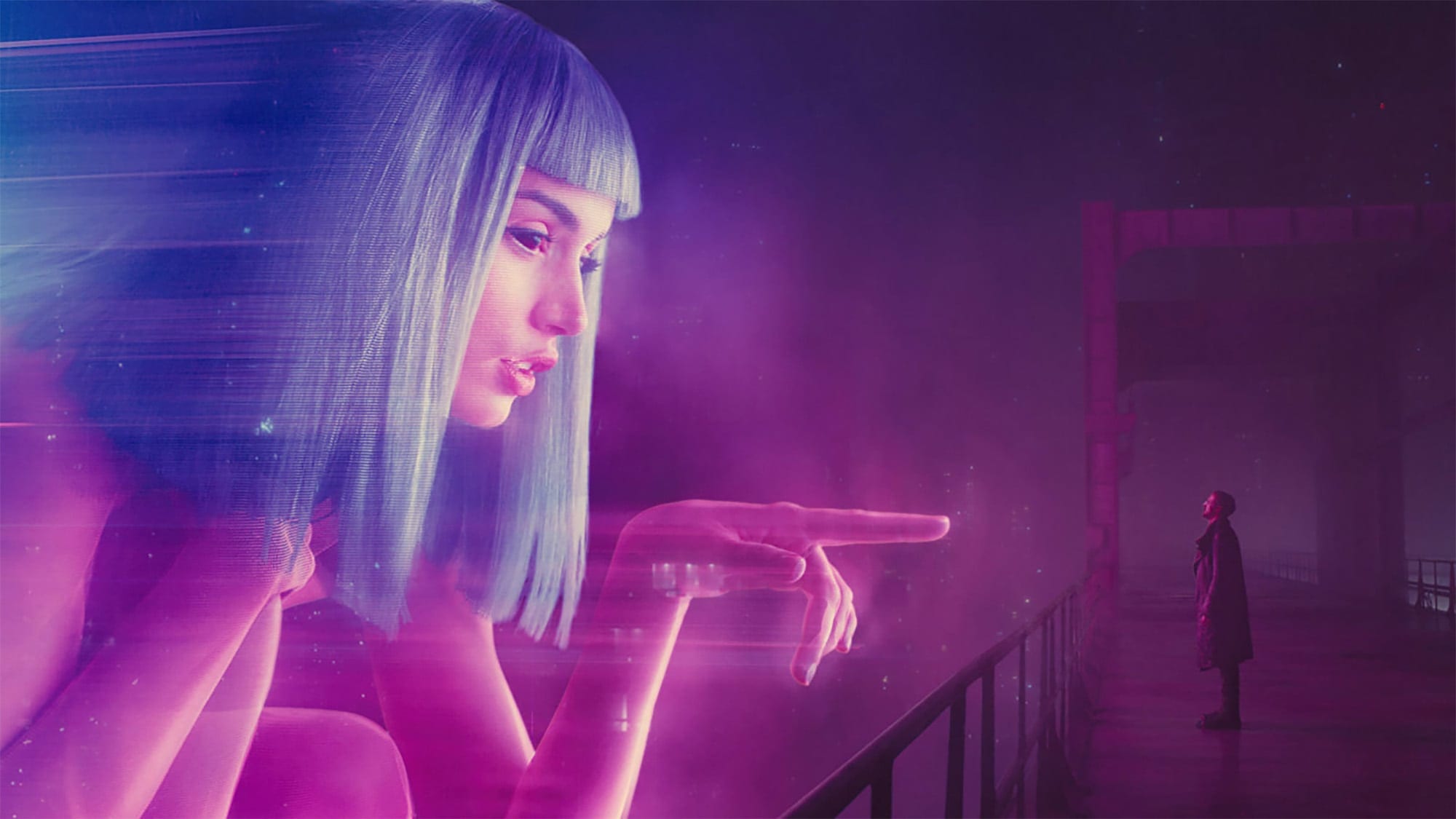
Greed isn’t all good: The most nefarious corporations in film and TV
Everybody knows you can’t domesticate a dino. So it takes a pretty evil corporation to ask continually, “But what if you can?” Jurassic World: Fallen Kingdom proved that any effort to weaponize genetic power only results in what Dr. Ian Malcolm (Jeff Goldblum) calls the “running and screaming.”
Yet there are always greedy businessman who keep trying to create bigger, badder, for-sale dinosaurs. And they’re not the only ones perverting the natural world for game. Film is full of nefarious corporations looking to make a dishonest buck, endangering all of humanity in the process. Here are the worst organizations in fictional crony capitalism.

Masrani Global (Jurassic World)
The ability to bring about the de-extinction of dinosaurs is objectively cool. But cobbling together Frankensaurus species that are hyperintellegent and super ferocious is an objectively terrible idea.
Masrani Global just can’t help itself though, and while that may delight both park-goers and mercenaries who see the military applications of the vicious beasts, it’s the innocent dino-lovers who wind up suffering at the jaws of the Indominus Rex. Blame Dr. Wu.

The Weyland-Yutani Corporation (Alien series)
Like the folks behind Jurassic World, the brass at Weyland-Yutani seek to harness a natural force that it can’t possibly control – the extraterrestrial xenomorph. Yes, it’s a perfect killing machine. No, it won’t do the company’s bidding. But the corp is still willing to get numerous crew members munched, chests burst, and space missions annihilated without ever quite figuring out that trafficking in aliens is a terrible idea.

Delos, Inc. (Westworld)
What is it with companies disregarding any kind of ethics when it comes to theme parks? In Westworld, each day androids are subjected to the darkest impulses of human entertainment, only to then have their memories wiped to do it all again the next day. Talk about an exploited labor force.

The Tyrell Corporation / The Wallace Corporation (Blade Runner and Blade Runner 2049)
Like Delos, Tyrell and Wallace create disposable people for the single purpose of doing unglamorous work. However, unlike the androids of Westworld, replicants are not machines, just genetically altered humans. Only a sociopath wouldn’t feel pangs of guilt being involved in the replicant biz. Then again, Niyander Wallace (Jared Leto) is definitely a sociopath.

Massive Dynamic (Fringe)
Sure, no company ever makes it big without a little corporate espionage, but did Massive Dynamic’s “Observers” have to be so darn creepy looking? Then again, they were also messing with the fabric of space time, which is arguably worse than having a bald head and pale skin.

LexCorp (Superman franchise)
Call it LexCorp, LuthorCorp, or L-Corp, anyone who does any kind of business deal with a supervillain like Lex Luthor is getting into something shady.
Luthor usually has his eyes on manipulating the real estate market, be it by sinking some of the West Coast to give his property beachfront views, or using extraterrestrial tech to make new land in the ocean for him to develop (a.k.a. the “Sea Britain” plan from Arrested Development). The only winning move is to say, “No deal.”
![]()
The Resources Development Administration (Avatar)
The RDA’s tireless quest for rare “unobtainium” leads it to straight-up strip-mining the natural resources of Pandora, thus causing its demise. Score one for the environmentalists.

Buy n Large (Wall-E)
More sinister than evil, Buy n Large fostered a culture of consumerism so passive that a bloated humanity wound up forced to leave the uninhabitable garbage pile that Earth had become. What’s most unsettling about Buy n Large though, is how plausible it seems in today’s Amazon Prime world.

The Mirando Corporation (Okja)
Not only does the company plan to slaughter the adorable super pig (and others like it), Okja’s Mirando Corporation also made Jake Gyllenhaal (Donnie Darko) adopt a terrible mustache and do something totally unsexy with his voice.

Joh Fredersen’s Metropolis (Metropolis)
Fredersen lords over his workers, quite literally looking down from above as they toil away at underground machines. The 1927 film probably has one of the first evil corporations put on film, but its themes – exploited labor, sexy robots who lead revolutions, etc. – are still in use today, and still feel chillingly relevant.






